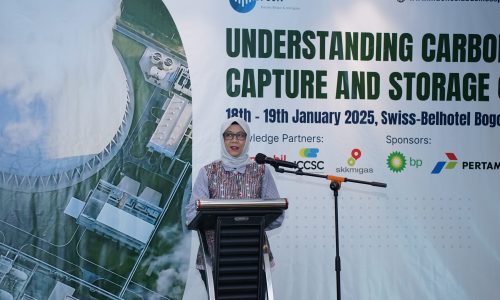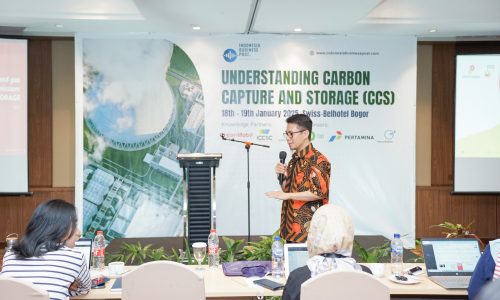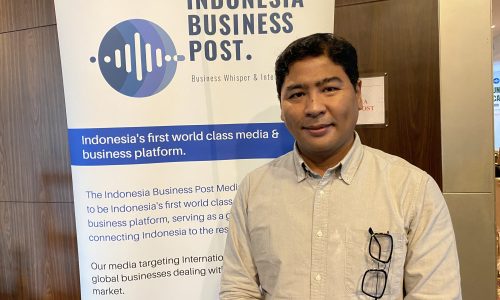Coordinating Minister for Maritime Affairs and Investment Luhut Binsar Pandjaitan considered the Corruption Eradication Commission (KPK)’s caught red-handed operation (OTT) has given a negative perception to the state. He said state officials were exposed to the antigraft body’s caught red-handed operation because the state has not utilized the digital system to improve financial management at the regional and national levels.
“As a result, we are opening the doors to caught red-handed operations. Using digital technology, catching someone red-handed is impossible. Is it effective?” Luhut said at the launch of the 2023-2024 Corruption Prevention Action in Jakarta on December 20, 2022. Among the attendance was KPK Chairman Firli Bahuri.
Coordinating Political, Legal and Security Affairs Minister Mahfud MD supported Luhut’s statement, saying: “Instead of always being surprised by the OTT, it is better to digitalize the government so that there are no loopholes for corruption.”
Prevention by going digital
Instead, Luhut emphasized the urgency of corruption prevention. “There is no need for us to talk high. It is not a good image for this country to catch ones in the act. However, if we have a digital life, who wants to fight against us?” said Luhut.
Luhut reminded the KPK to not rely on caught red-handed operations. In his opinion, no human being can be purely free from wrongdoing. “If we wish to work with our hearts, that is also fine. If we wish to be extremely clear, live in Heaven,” he said.
However, he remains optimistic that corruption could be prevented if State Budget is digitalized and transactions were made more transparent. Accordingly, the KPK does not rely on arrests but on selective measures. “If we can implement digitalization, no one dares to try [commit corruption],” he said.
In his Twitter account, former KPK Investigator Novel Baswedan – who handled mega corruption cases such as the e-ID involving former House of Representatives’ Speaker Setya Novanto and the lobster larvae export involving former Maritime Affairs and Fisheries Minister Edhy Prabowo – said the caught red-handed operations usually took place in bribery cases, which were the root of corruption.
“The OTT can uncover corruption cases with absolute certainty, the perpetrators cannot avoid it. There must be a vested interest behind a bribery, with the OTT there won’t be any state losses. The KPK must disseminate information so [high-ranked] officials are not resistant to the OTT,” he tweeted on December 20, 2022.
“Any official can be a target of the caught red-handed operation. It is not easy to ‘save or help’ them if they were arrested. The arrest was made when they were caught in the act, with complete evidence. This may hinder ‘potential corruptors’. No need to worry, just don’t corrupt and you won’t be caught red-handed,” tweeted Baswedan.
Digitalization not a panacea
Political analyst at Pelita Harapan University Emrus Sihombing supported the idea of establishing a digitalization management system to preventing corruption. However, he said, digitalization was only an additional device to prevent corruption. Digitalization is not a panacea to prevent corruption.
Sihombing said there were many involved and interconnected social variables in preventing corruption. The two variables, among others, are the antigraft law enforcement by the KPK and exemplary figures, such as ministers.
“Do not allow a minister to increase his wealth significantly during his tenure compared to his wealth prior to becoming a minister,” he said.
Sihombing explained that corruption was a product of social construction, as mentioned in culture and history, such as paying tribute, collecting levy, and quota for official.
The opinion that digitalization can prevent corruption is a mechanistic view. The assumption behind the statement is that human beings, including public officials, are considered as object or machine just like a digitalization system that can only work based on the stimulus ordered by variables.
Human beings, Sihombing said, were social actors that control the digitalization system. Therefore, the relations between social actors usually happen in the “back stage”. The back stage relation controls and regulates the digitalization system by utilizing discretion owned by public officials. Even though the digitalization is good, it is still a device controlled by human beings.
He cited China as an example where there has been no caught red-handed operations because the people were afraid to state state money. This is due to the strict law enforcement and the digitalization system. The anti graft body was very strong and is not weakened by public official statements, he added.









